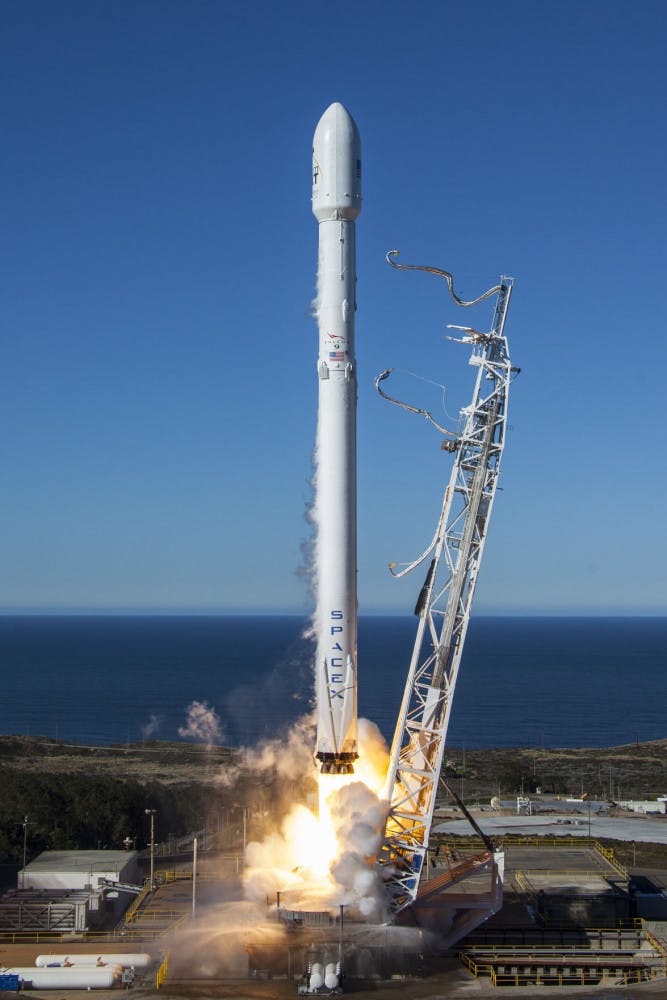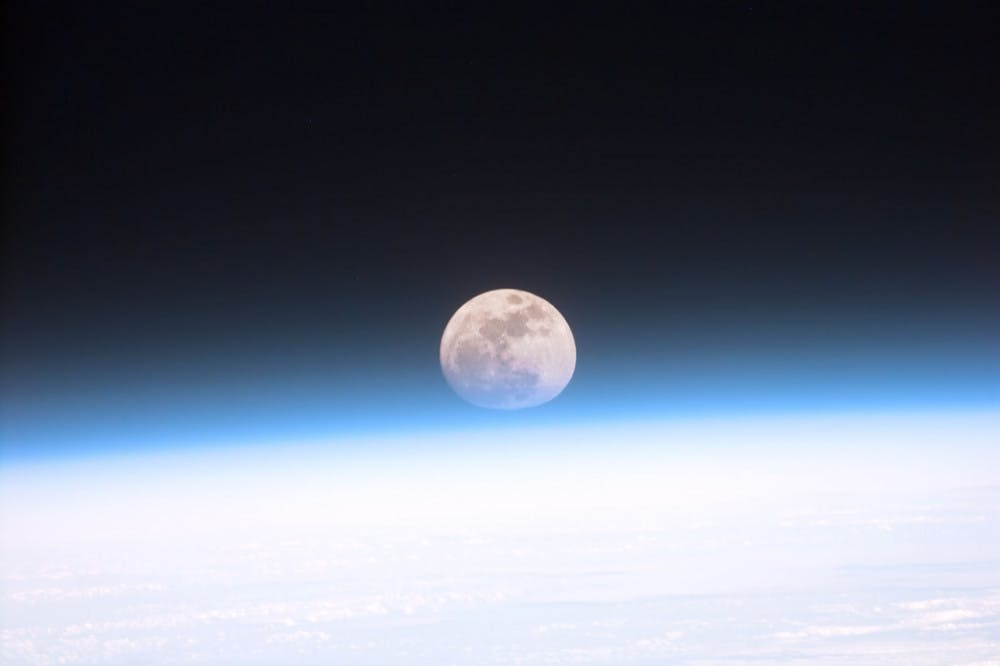President Donald Trump announced the budget for 2019 fiscal year, which allots NASA $19.9 billion. Trump said the government will stop funding the International Space Station, a research lab orbiting the Earth where scientists from countries around the world conduct studies and experiments regarding space, by 2025.Â
The $19.9 billion NASA requested is a $500 million increase from 2018 and also provides $150 million to start a program that will encourage commercial development for ideas for different ways to utilize the United State’s space on the International Space Station once they vacate it, according to the 2019 budget.
The budget also includes an “X-plane,†a defense for potentially hazardous asteroids, and possibly a mission “to retrieve pieces of Mars for scientific study,†according to the 2019 budget.
This increased budget will give NASA and the U.S. an opportunity to go back to the moon and to continue progressing from their last time on the moon in 1972. The new discoveries they will have on the moon due to the increased budget and resources from the government will strengthen the U.S. economy, help relations with other nations and inspire the next generation, according to NASA administrator Robert Lightfoot in NASA’s press release regarding the new budget.
Eric Groenendyk, political science professor at the University of Memphis, said Trump’s plan to vacate the International Space Station funding is not a new idea.
“It sounds like his plan is to privatize the ISS,†Groenendyk said. “The privatizing of space exploration, and the shifting on NASA’s mission is a trend that dates back to the last administration.â€
William Smith, chair of the economics department at the U of M, said the economics of the new NASA projects could be similar to the space race.
“Presumably, this will stimulate the demand for more engineers and high-tech companies, just as the space race did in the 1960s,†Smith said.
Smith added there could be effects from the new technology they make to get back to space.
“There may be some spill over effects from the new technology,†Smith said. “On the other hand though, the macroeconomic effects will be negligible.â€

Companies such as Space X and Virgin Galactic are private companies that hope to send civilians into space. Both Space X and Virgin Galactic have experimented with launching spacecrafts through the atmosphere.

Space X, a company founded in 2002 by Elon Musk, designs and launches rockets and spacecrafts into space. They aim to give people the opportunity to populate other planets, and Musk believes this will “save the U.S.,†according to Space X’s mission statement.
Virgin Galactic is a spaceflight company founded in 2004 by Richard Branson, one of the founders of the airline Virgin Atlantic. The company aims to provide spaceflights to space tourists. Branson thinks Virgin Galactic will be the first company to offer civilian space flights, according to the company’s mission statement.Â
Dorian Burnette, a professor of Earth sciences at the U of M, said it is nice to see private organizations step in because government funding has had issues. He said he thinks what SpaceX has accomplished is outstanding, but Virgin Galactic has not experienced the same level of success.
“Unfortunately, shooting rockets with payloads into space is no easy task,†Burnette said.







